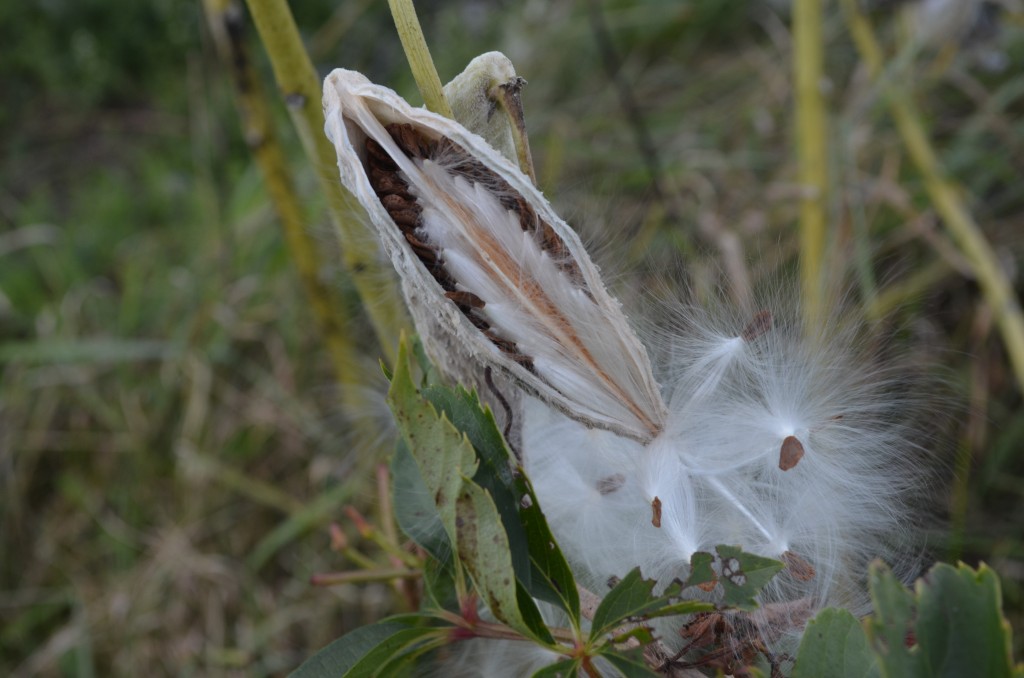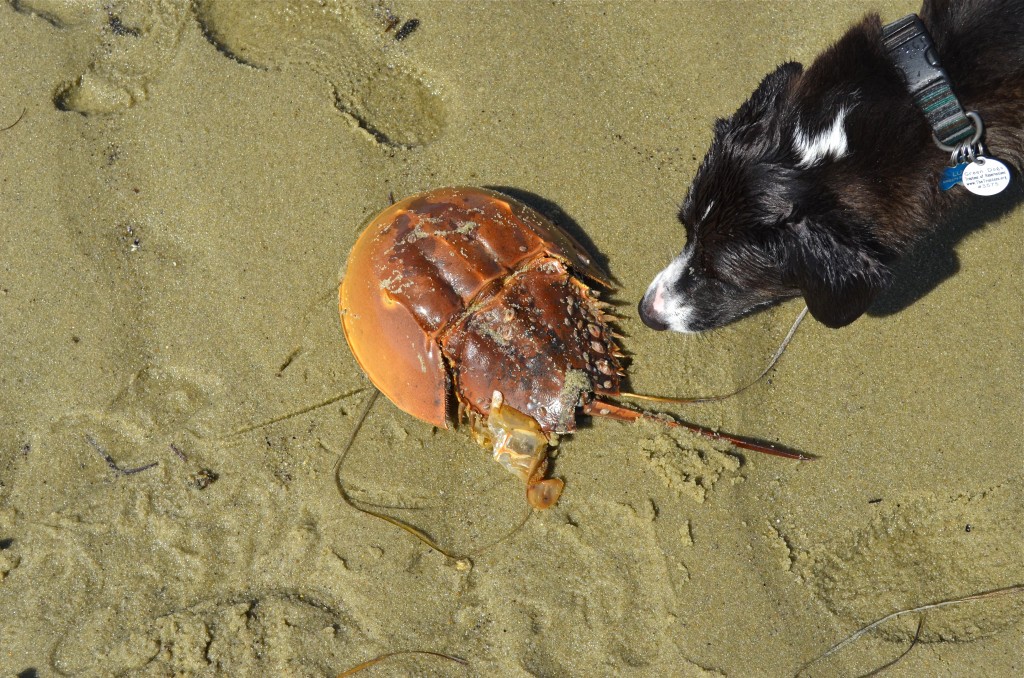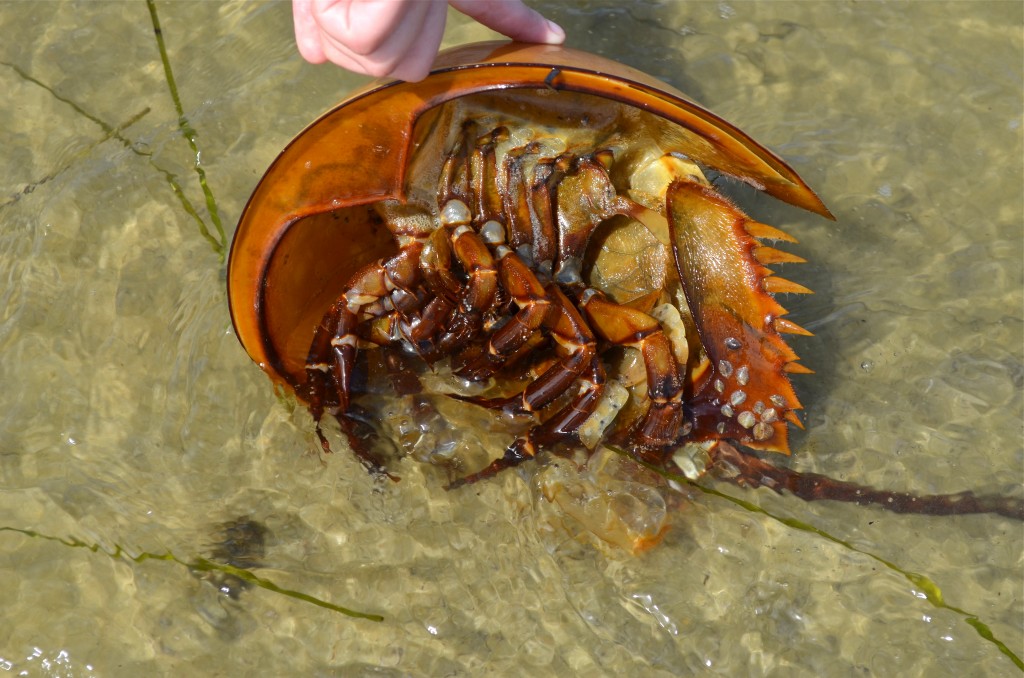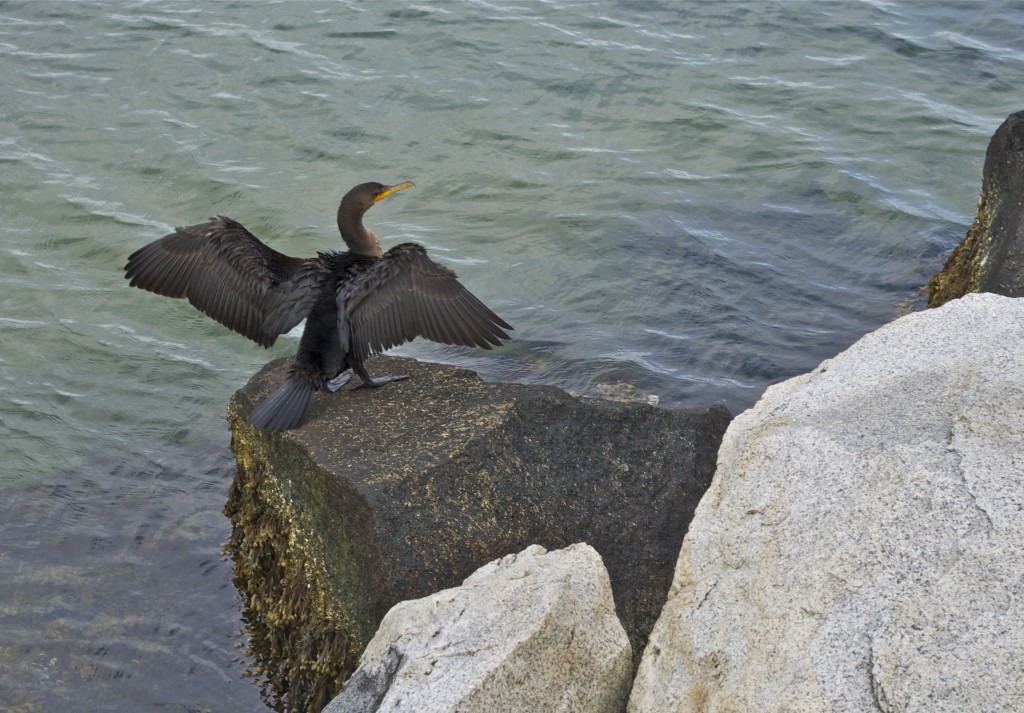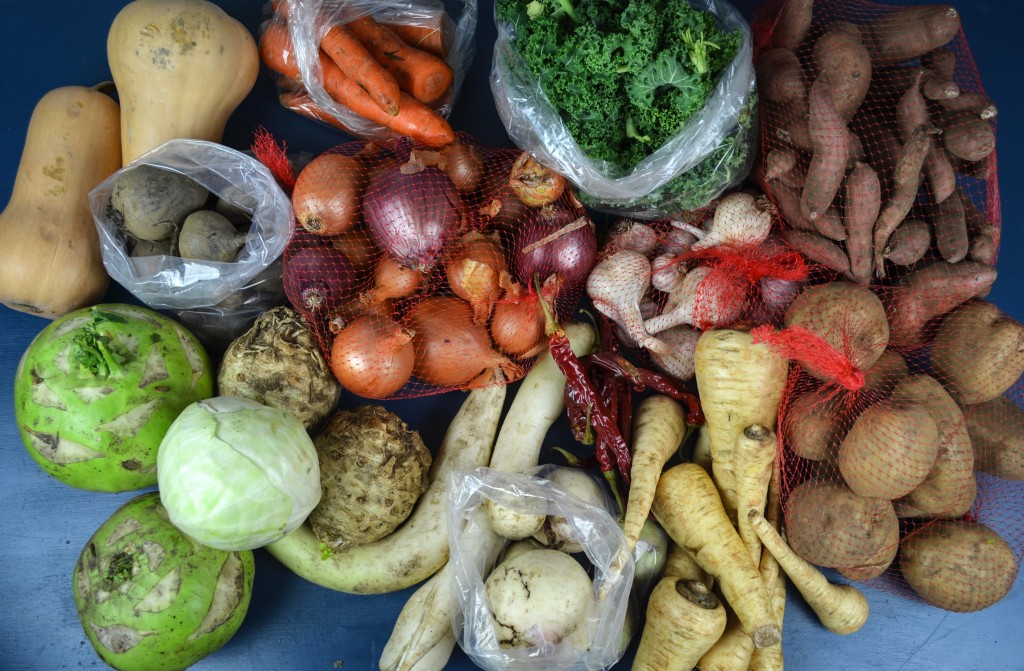 This year we were members of the Powisett Farm CSA and we loved it. When the season was over we signed up for winter shares, which was about 4 pickups in November and December. People would ask what could we be getting in mid-December?! This was the last share: squash and beets, carrots and sweet potatoes, parsnips and garlic, potatoes and kale, turnips and radishes, kohlrabi and celeriac, cabbage and onions and hot peppers! Love that place!
This year we were members of the Powisett Farm CSA and we loved it. When the season was over we signed up for winter shares, which was about 4 pickups in November and December. People would ask what could we be getting in mid-December?! This was the last share: squash and beets, carrots and sweet potatoes, parsnips and garlic, potatoes and kale, turnips and radishes, kohlrabi and celeriac, cabbage and onions and hot peppers! Love that place!
Category Archives: Fruit
False Solomon’s Seal (fruiting)
 In the spring, white flowers. In the fall, red berries. (The berries can have a laxative effect. Also, apparently native people made a tea of the leaves for use as a cough medicine and a contraceptive!) Ruscus family. Native.
In the spring, white flowers. In the fall, red berries. (The berries can have a laxative effect. Also, apparently native people made a tea of the leaves for use as a cough medicine and a contraceptive!) Ruscus family. Native.
False Solomon’s Seal, Treacleberry, Solomon’s plume, False Spikenard (Maianthemum racemosum)
Jack in the Pulpit (fruiting)
 As we roll into the end of summer, flowers are turning to fruits and seed pods are popping. Those charming jacks in their pulpits transform into fat (poisonous!) red fruit clusters (which are eaten by some birds). Each berry has 1 to 5 seeds. Next spring, with luck, they’ll each produce a plant, which will need at least 3 years of growing before it’s big enough to flower. They can live to be 100 years old! Native.
As we roll into the end of summer, flowers are turning to fruits and seed pods are popping. Those charming jacks in their pulpits transform into fat (poisonous!) red fruit clusters (which are eaten by some birds). Each berry has 1 to 5 seeds. Next spring, with luck, they’ll each produce a plant, which will need at least 3 years of growing before it’s big enough to flower. They can live to be 100 years old! Native.
Jack-in-the-Pulpit, Bog Onion, Brown Dragon, Indian Turnip (Arisaema triphyllum)
Below: the scene in spring…
Milkweed seeds
Rugosa Rose
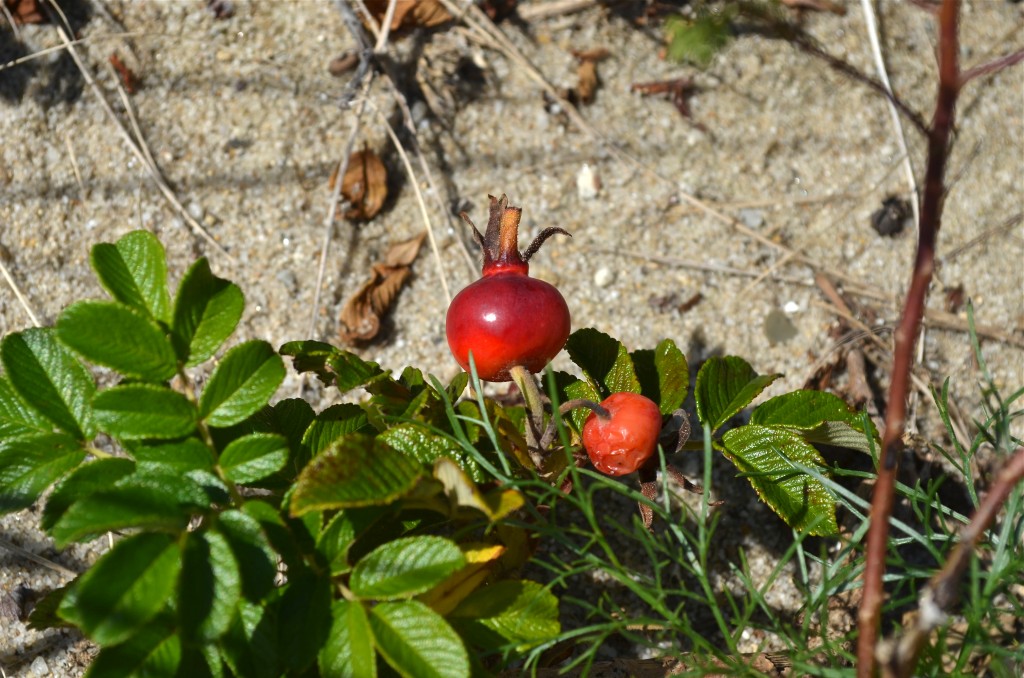 We went to Provincetown, not too long a drive away, but a whole new ecosystem where the very air announced you had arrived somewhere different. Here’s a native rose, and a few other things — a horseshoe crab seen at low tide, a cormorant drying its wings between dives. Rose family. Native to Asia.
We went to Provincetown, not too long a drive away, but a whole new ecosystem where the very air announced you had arrived somewhere different. Here’s a native rose, and a few other things — a horseshoe crab seen at low tide, a cormorant drying its wings between dives. Rose family. Native to Asia.
Rugosa Rose (Rosa rugosa)


